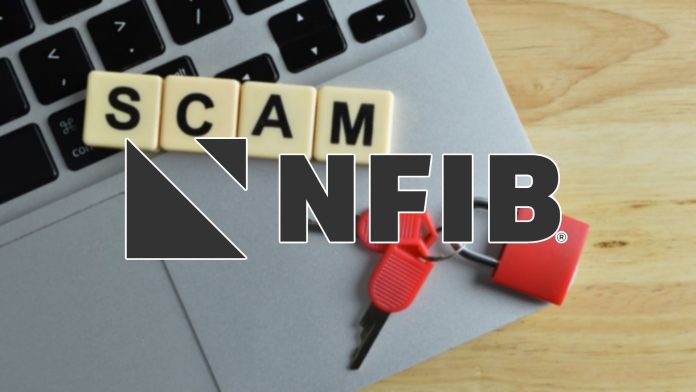In a significant legal action underscoring the vigilant enforcement of COVID-19 relief programs, two former public servants have received sentences for their participation in fraudulent loan schemes. The cases of Angelo Stephen, a former Federal Bureau of Prisons Correctional Officer, and George Arestuche, a former Miami-Dade County Aviation Department employee, reveal potential pitfalls for small business owners navigating the relief landscape.
Angelo Stephen, 33, was sentenced to four months in prison, three years of supervised release, and ordered to pay over $75,000 in restitution after pleading guilty to wire fraud linked to two Paycheck Protection Program (PPP) loans and an Economic Injury Disaster Loan (EIDL). His actions included submitting fraudulent applications claiming to operate a nonexistent event planning business with ten employees, ultimately netting him $20,000 in EIDL funds and $41,666 through PPP loans.
"The COVID-19 pandemic triggered unprecedented support for small businesses, but that support came with strict eligibility requirements," said U.S. Attorney for the Southern District of Florida, Hayden P. O’Byrne. "The government is committed to holding those who abuse such programs accountable."
Stephen’s case exemplifies how unscrupulous acts can lead to swift legal repercussions. He also participated in bank account takeover schemes, further compounding his charges and emphasizing the need for small business owners to safeguard their financial dealings and ensure proper compliance with all program rules.
George Arestuche, 47, received a five-year probation sentence that includes 210 days of home detention and a restitution payment of $114,679 after admitting to engaging in a conspiracy to commit wire fraud. His fraudulent EIDL application falsely claimed he was running an automotive repair business while offering substantial compensation to a co-conspirator for facilitating the scam.
Fraudulent activities like those committed by Stephen and Arestuche pose a stark reminder for legitimate small business owners about the importance of transparency and honesty when applying for financial assistance. The relief measures established under the CARES Act, designed to provide essential funds, necessitate accurate representations of income and business status.
The establishment of the COVID-19 Fraud Enforcement Task Force by the Attorney General in 2021 was a direct response to mitigate fraud against these vital relief programs. The Task Force coordinates efforts among various federal and state agencies to investigate and prosecute fraudulent claims while reinforcing the administration of aid programs. Small business owners should be keenly aware that such oversight is not only focused on larger entities but also scrutinizes applications from individuals seeking funding.
Compounding these challenges, the potential penalties for fraud can be severe, ranging from hefty fines to imprisonment, as demonstrated in these cases. This reality underscores the importance of utilizing legitimate avenues for securing funding. Additionally, those unfamiliar with the application processes may benefit from consulting professionals or utilizing resources such as small business development centers to avoid missteps.
For small business owners aiming to navigate the complexities of receiving COVID-19 relief, understanding the implications of these fraud cases serves as both a cautionary tale and a guide. Ensuring that all information provided in funding applications is accurate and verifiable can avert potential legal troubles and promote a stronger credibility with lending institutions.
As this matter draws attention to the integrity of relief programs, it’s paramount for small business owners to remain vigilant and informed about the requirements governing financial aid applications. The ramifications from improper claims extend far beyond financial loss, impacting reputations and future business opportunities.
For those interested in more information on COVID-19-related fraud or reporting suspicious activities, the Department of Justice has resources available. For instance, the National Center for Disaster Fraud hotline provides a means for individuals to report fraudulent activities directly.
As the landscape of small business support continues to evolve, proactive measures will be essential for success in a recovering economy.
For more information on these legal cases and the ongoing efforts to combat fraud, you can view the original press release here.
Image Via Envato: innu_asha84



